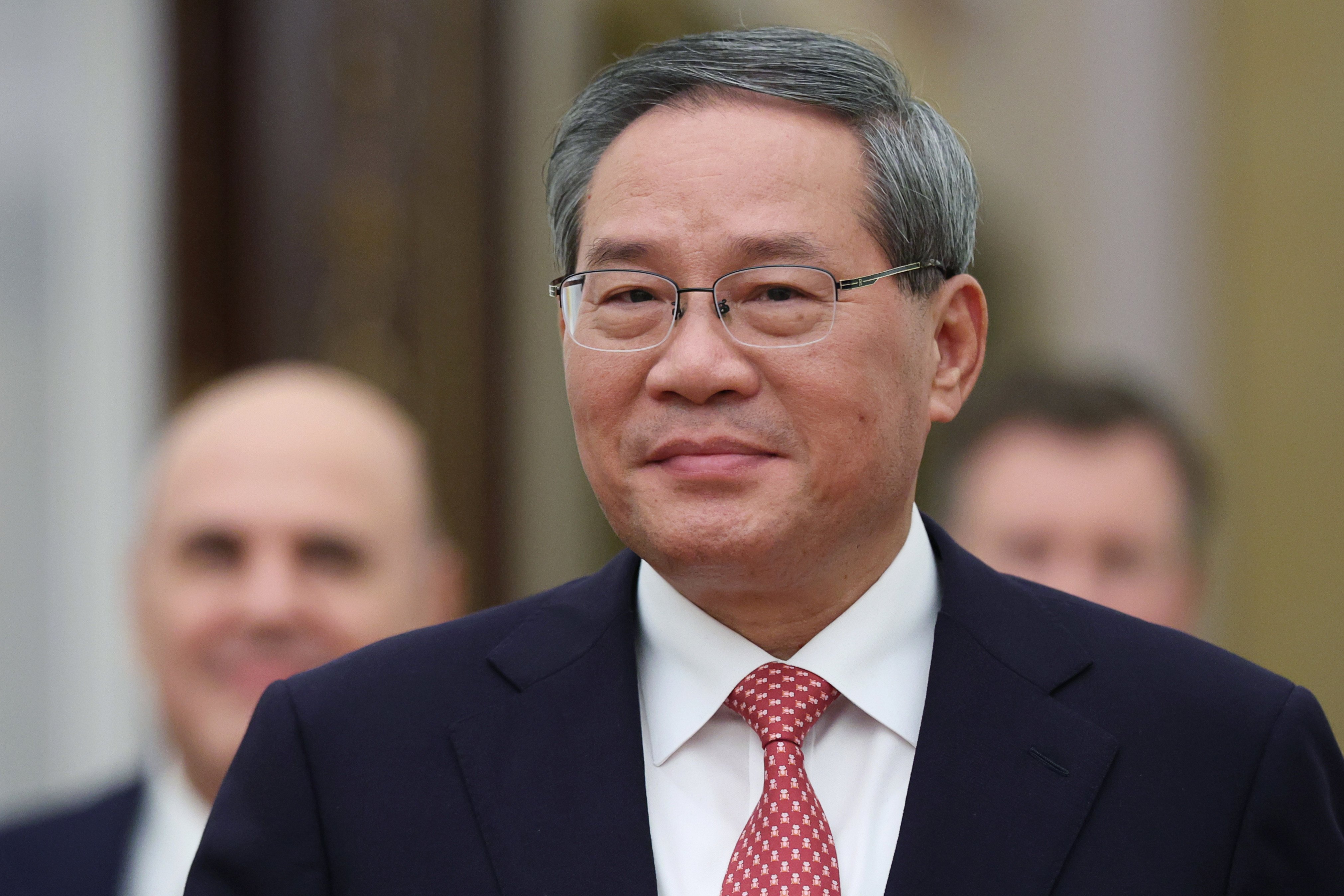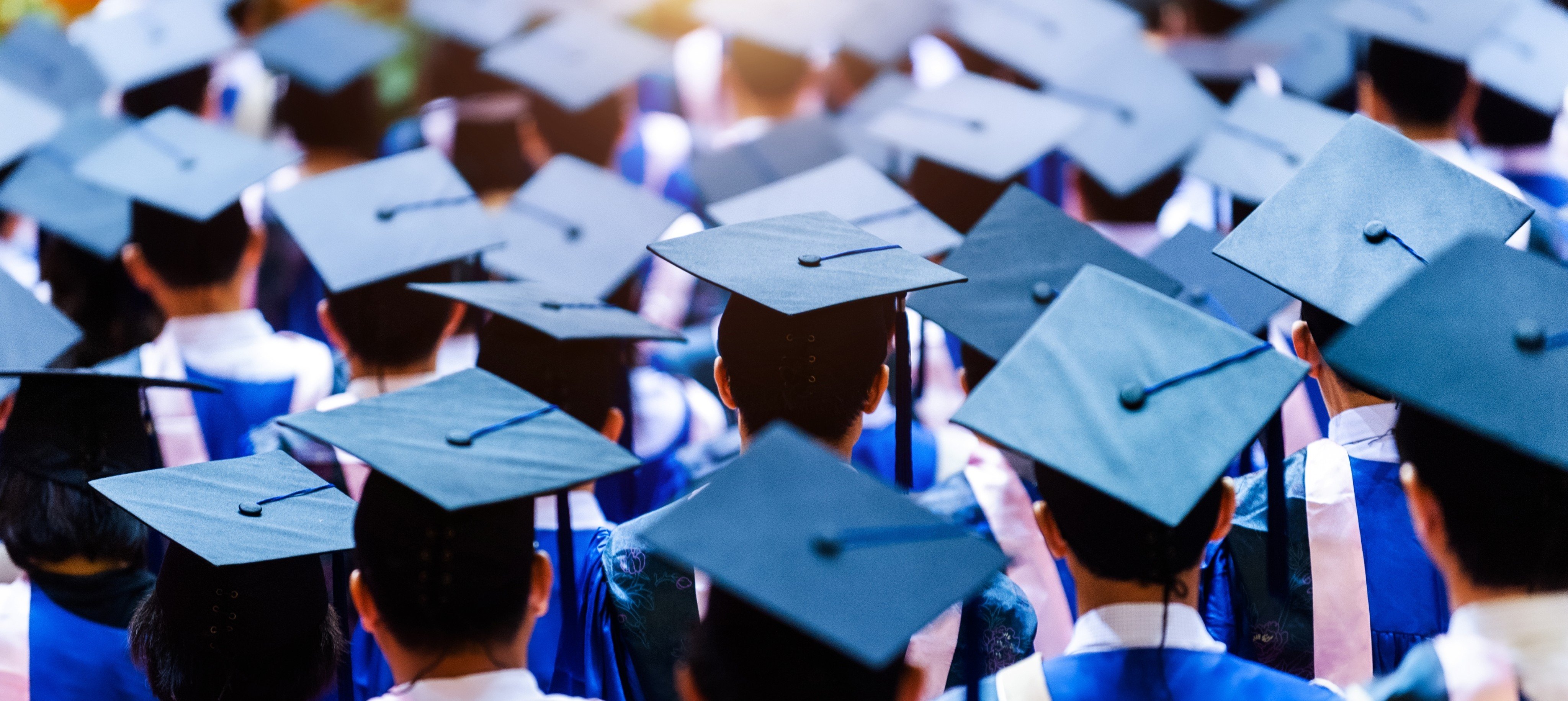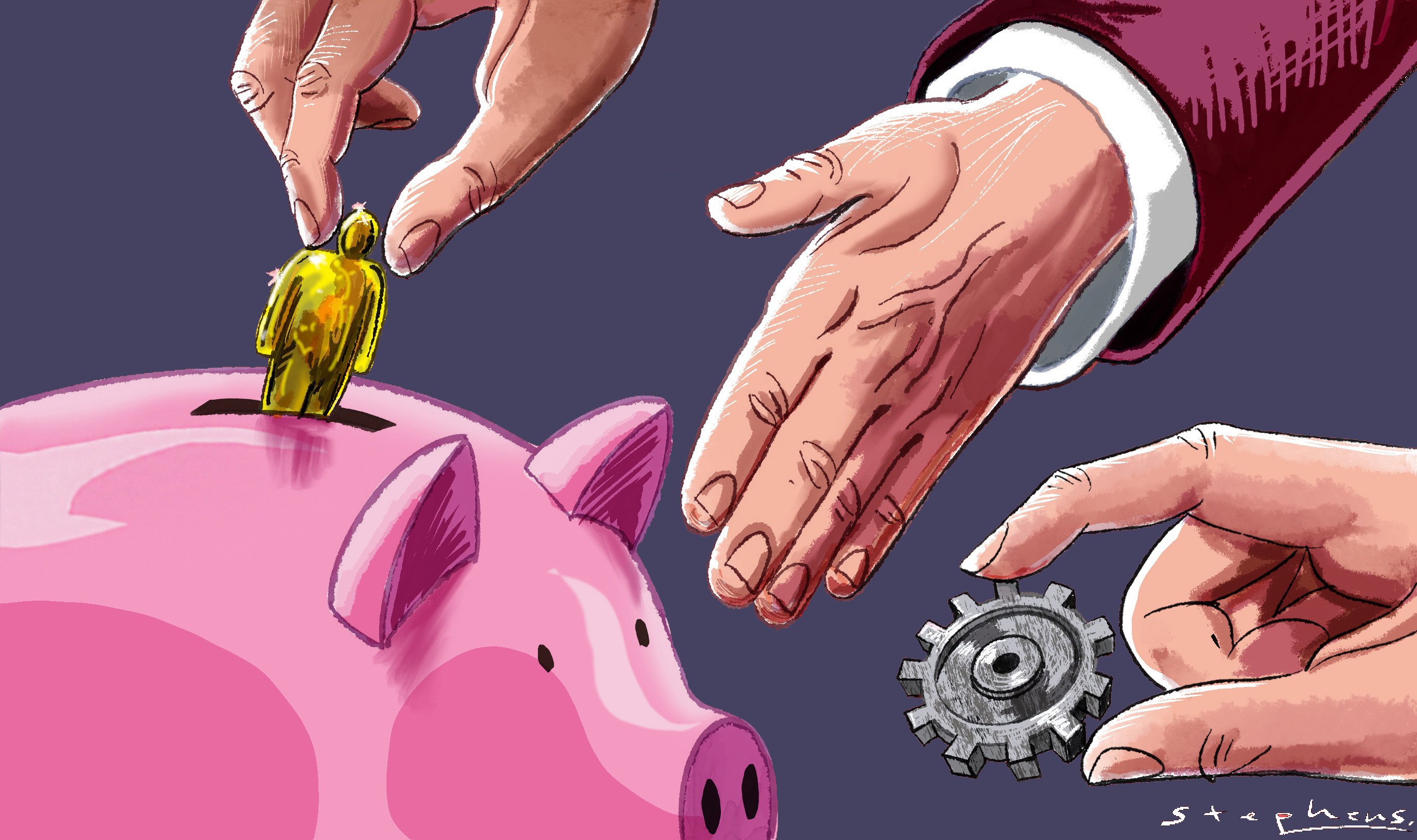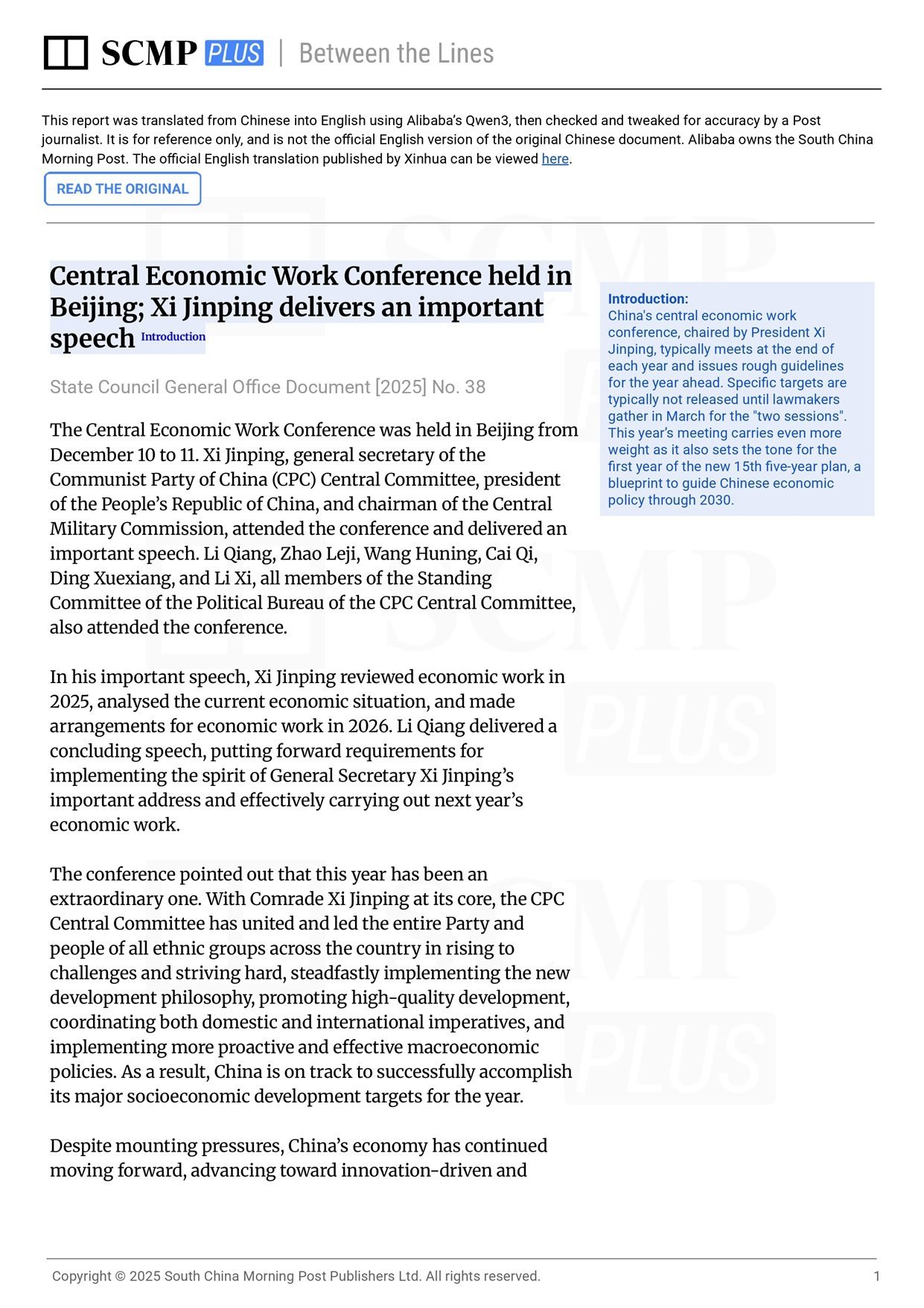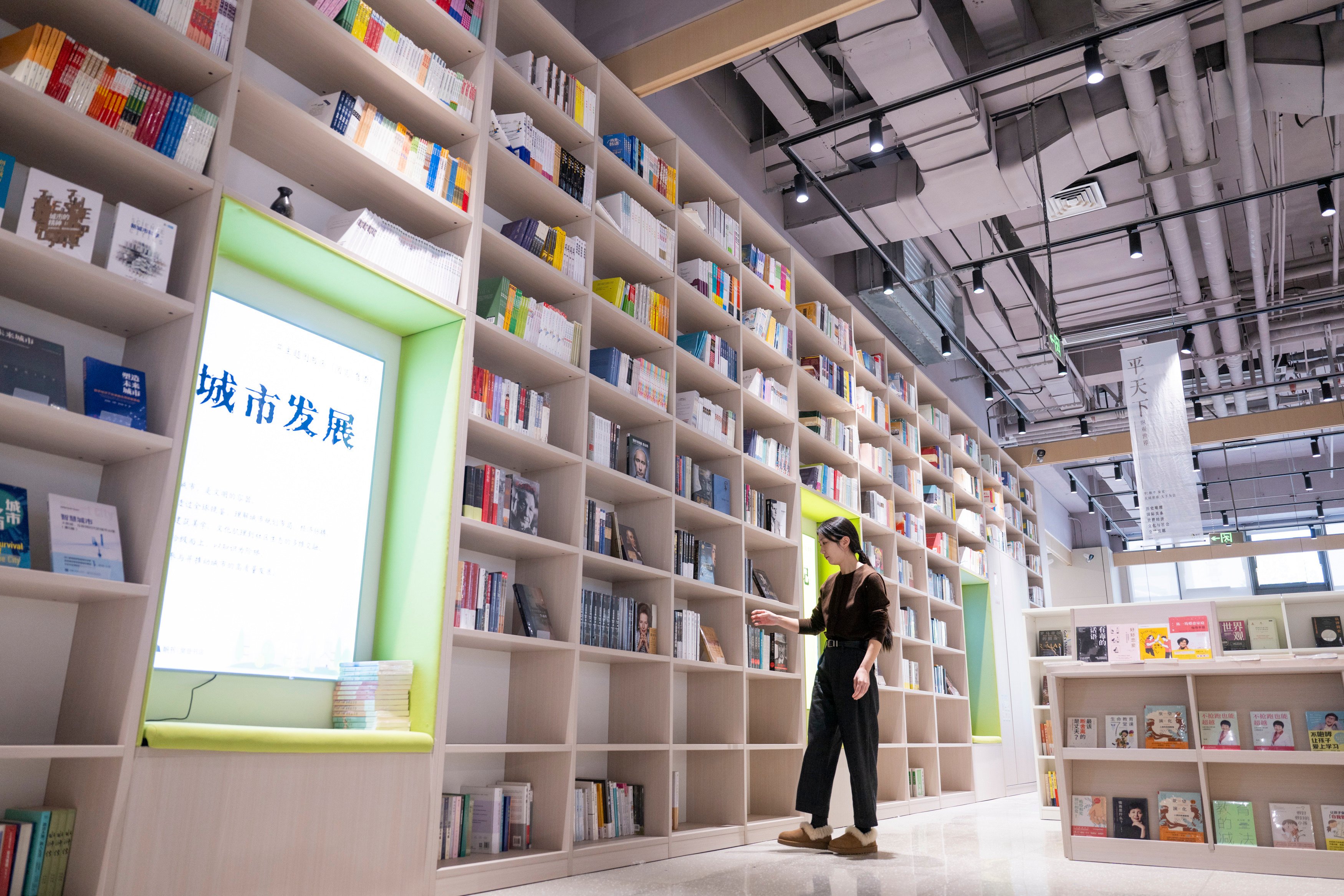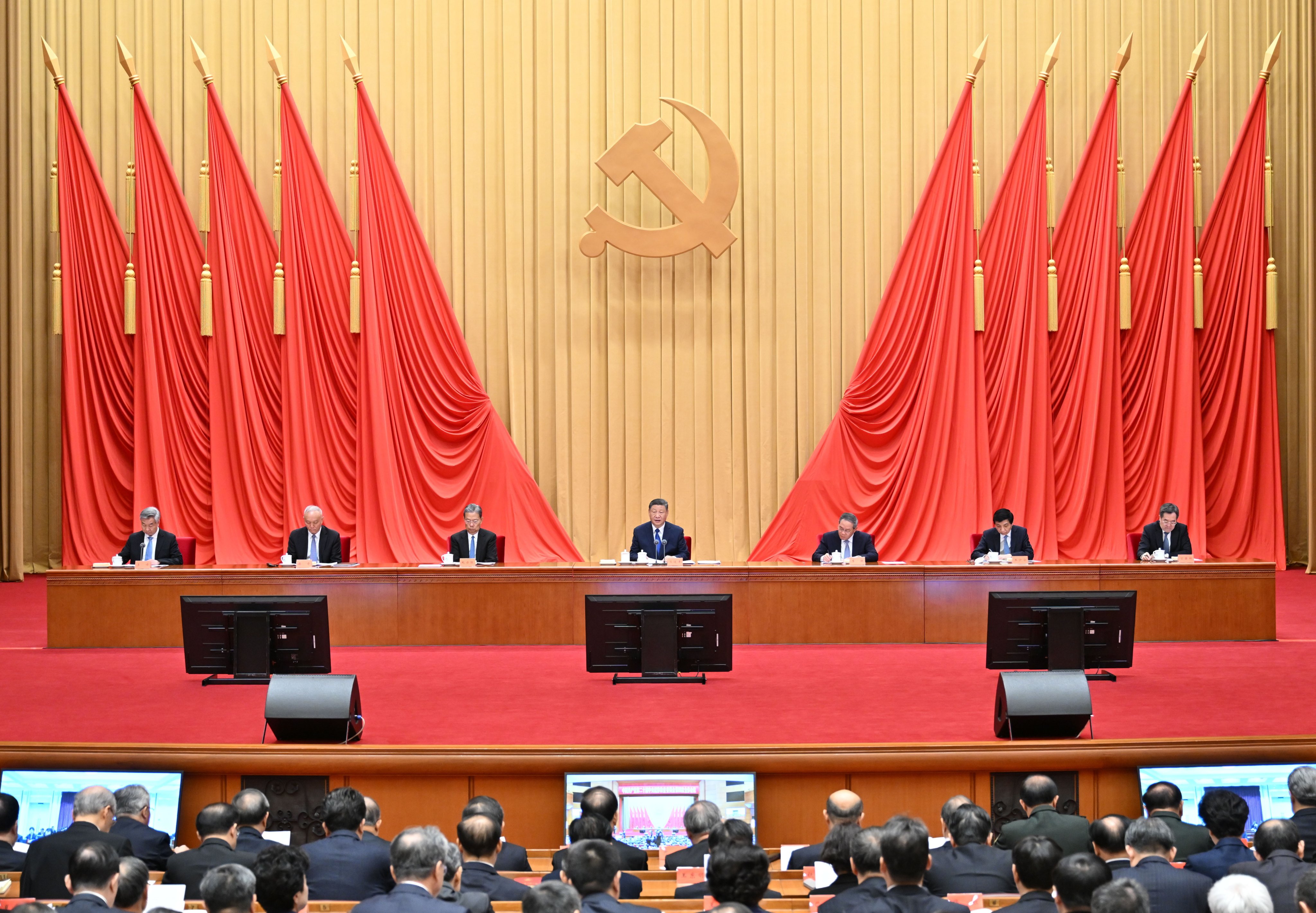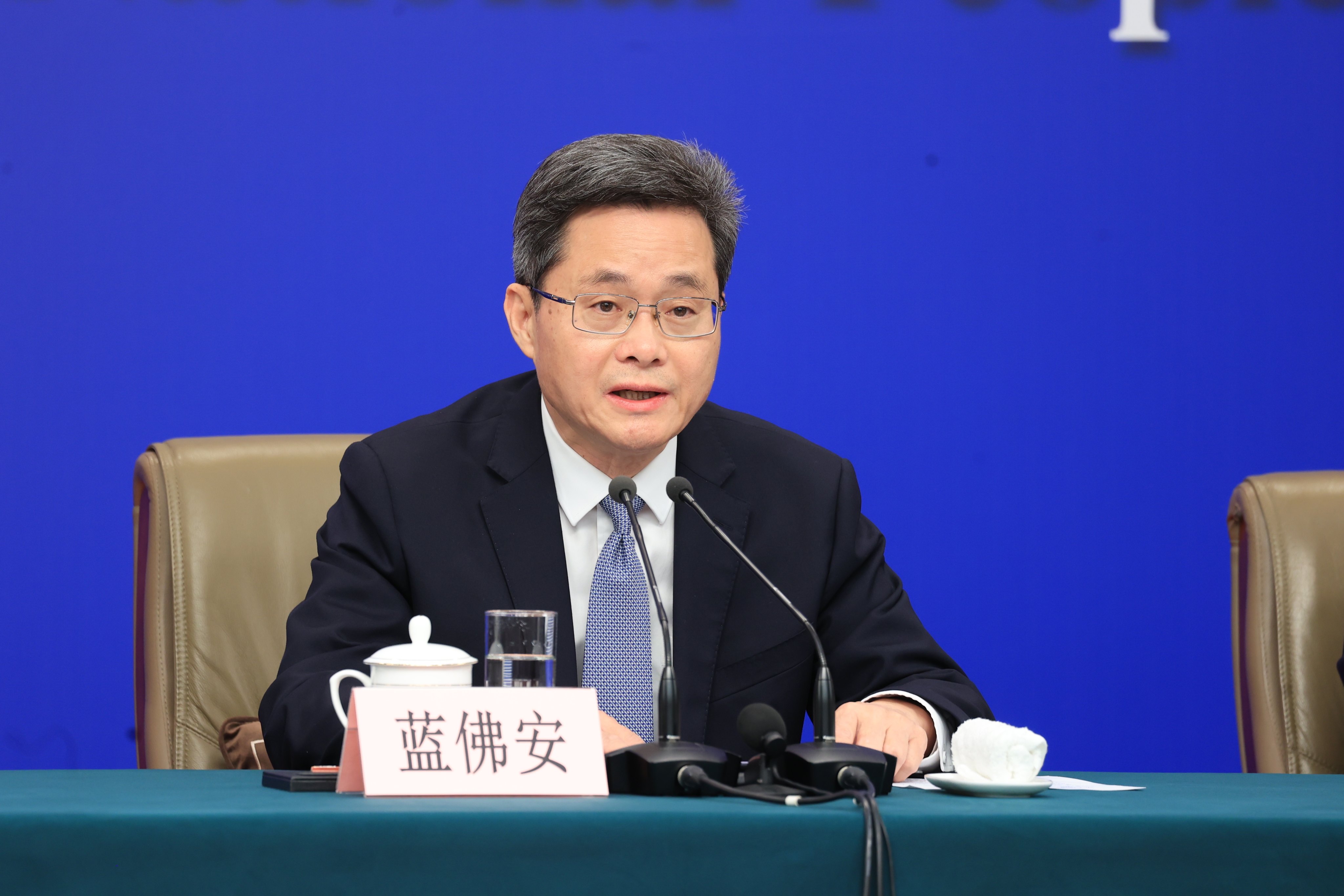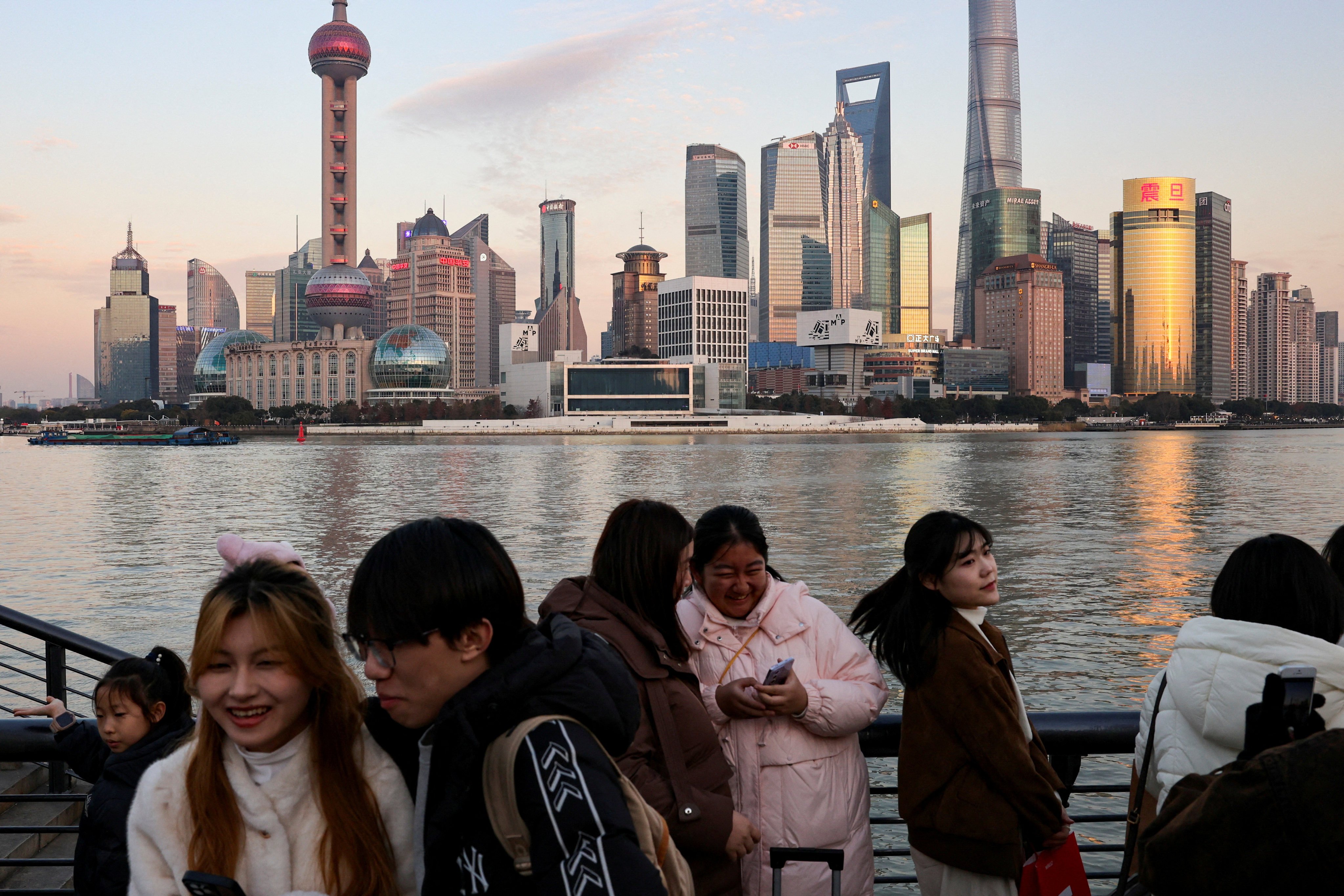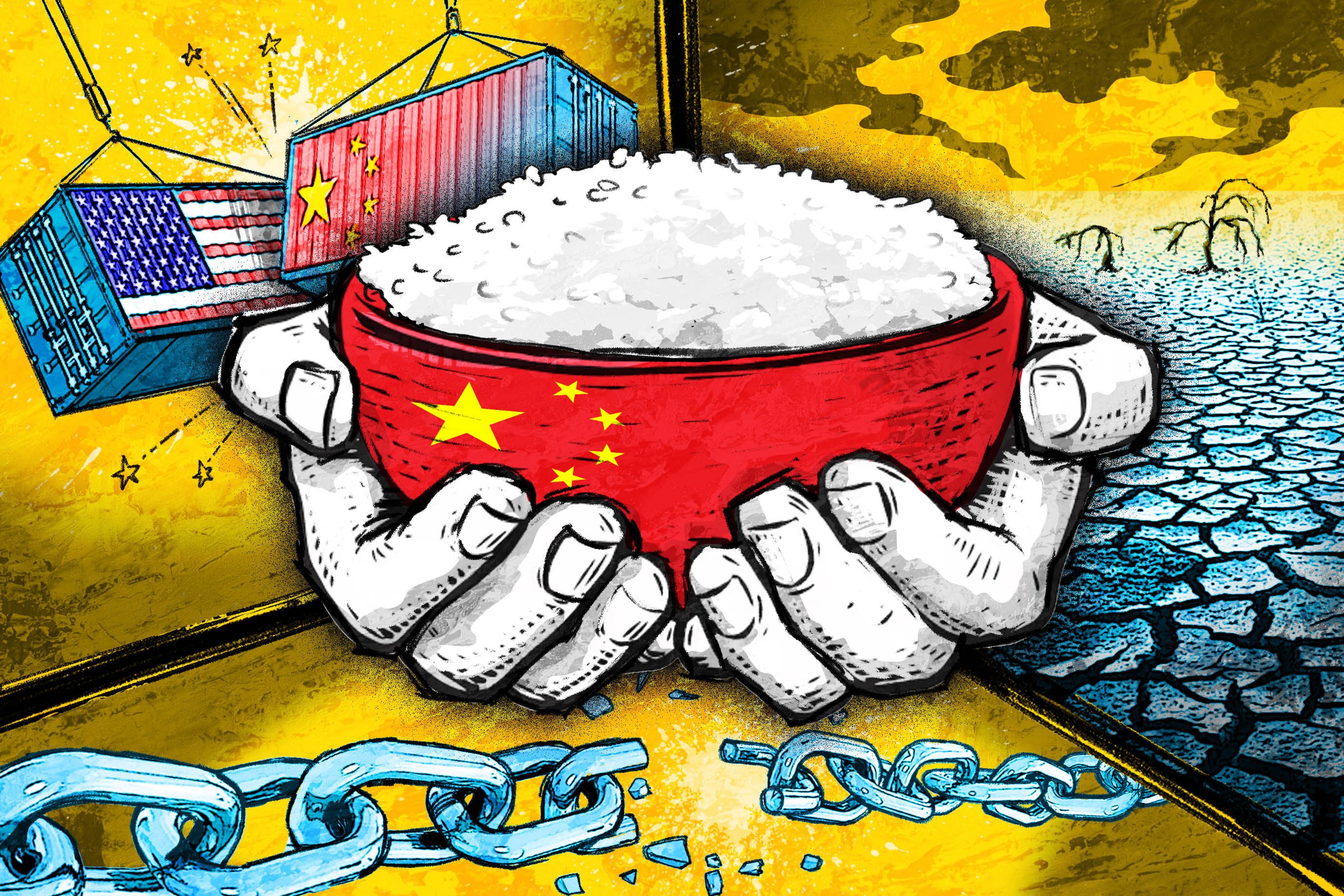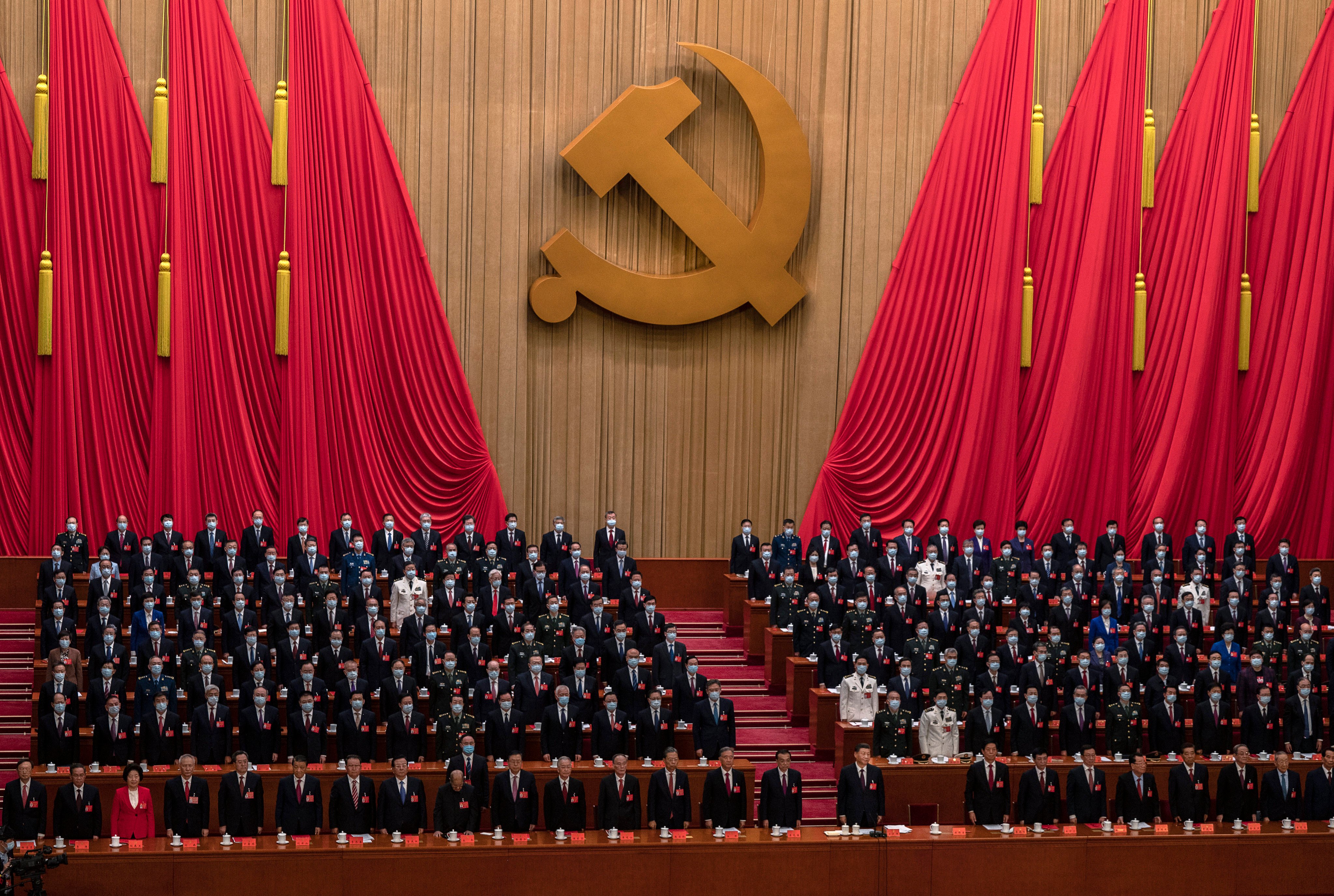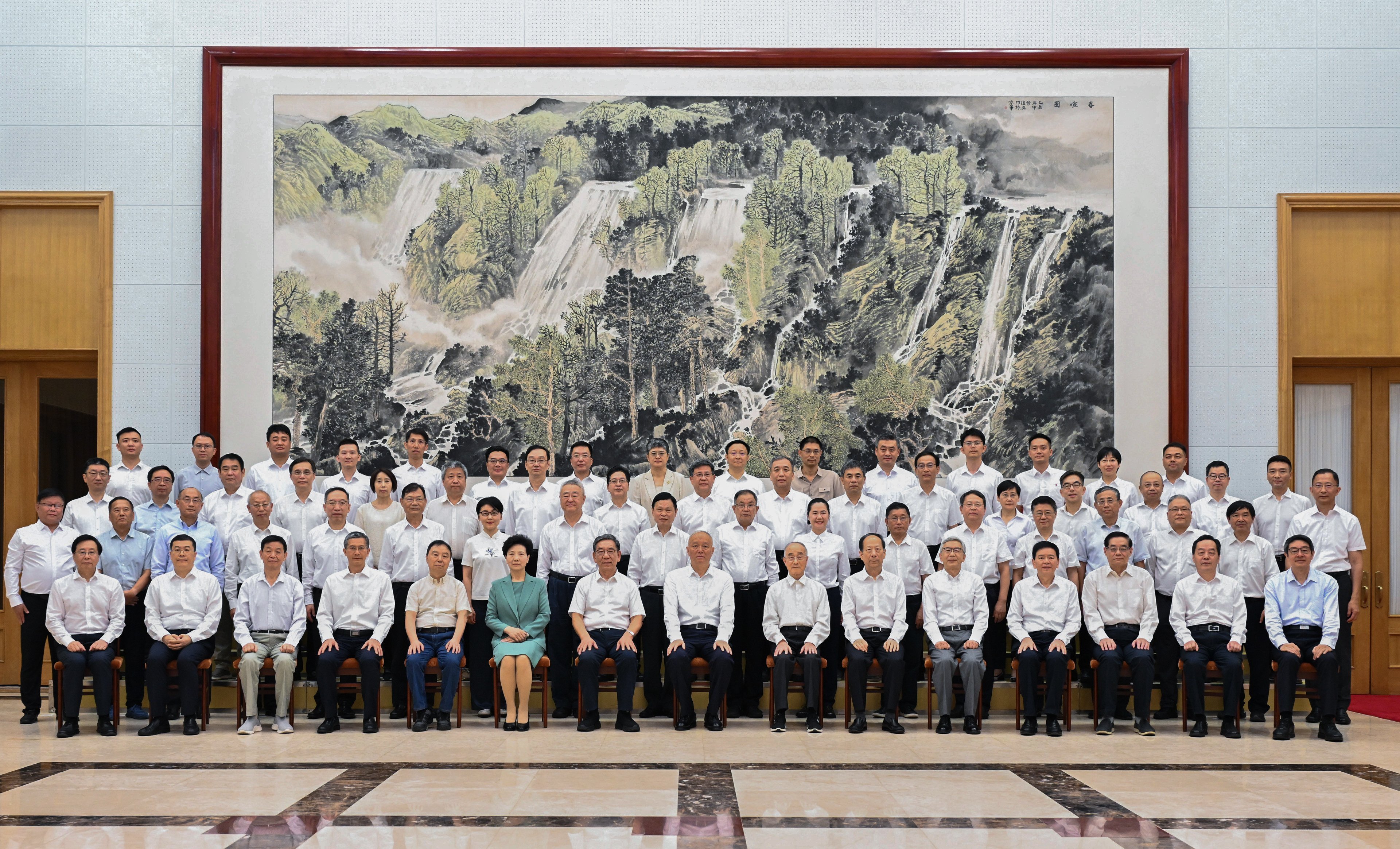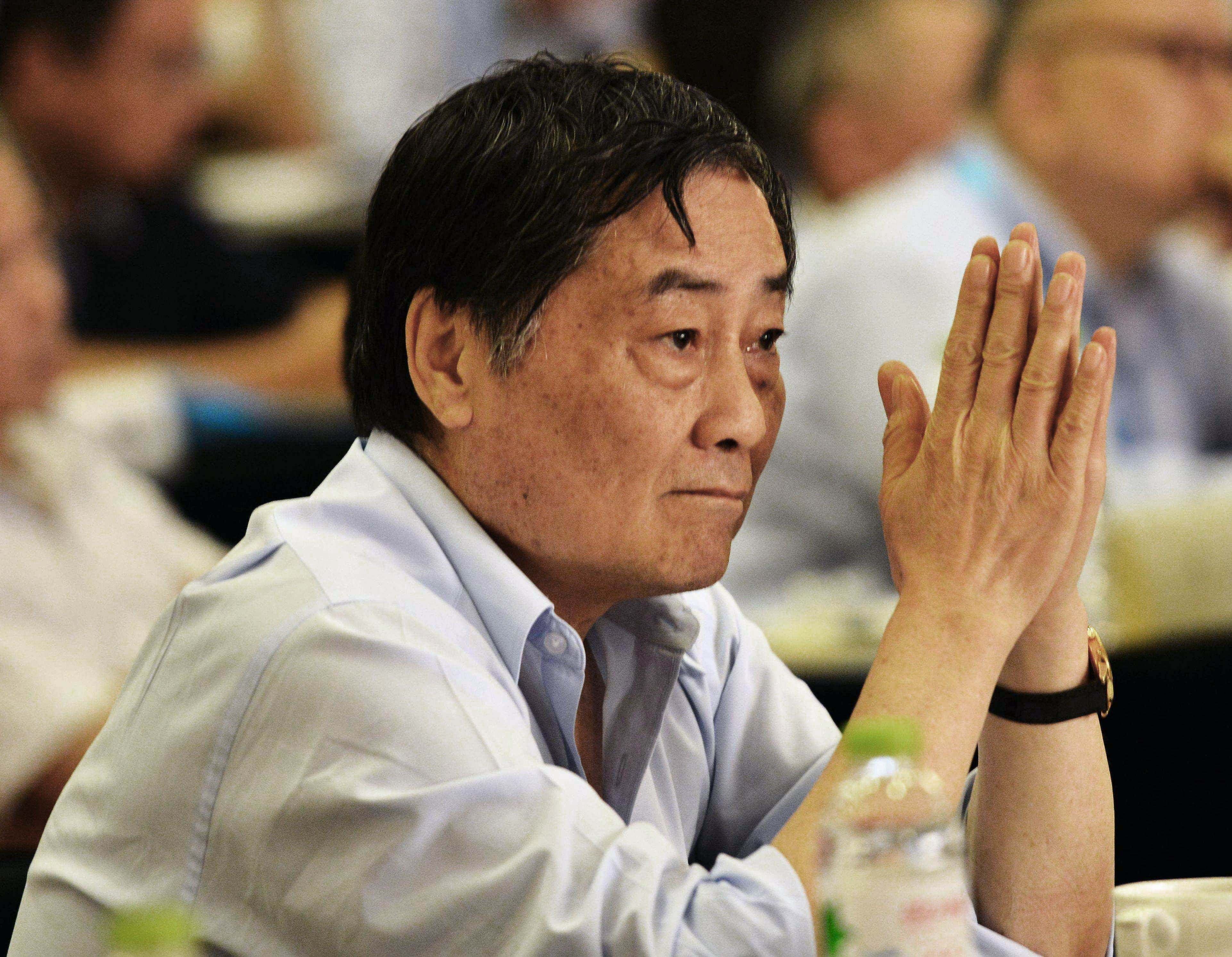Advertisement
Advertisement
TOPIC
China leadership
China leadership
The Chinese Communist Party's 18th Congress, held in Beijing November 8-14, 2012, marked a key power transition in China. A new generation of leaders, headed by Xi Jinping and Li Keqiang, took over from the previous leadership headed by Hu Jintao. The Communist Party's Politburo Standing Committee was reduced in number from nine to seven. Unlike his predecessor Jiang Zemin, Hu Jintao handed over both the Party General Secretary and Chairman of the Central Military Commission positions to Xi.
Help preserve 120 years of quality journalism.
SUPPORT NOWAdvertisement
Advertisement
Advertisement
Advertisement
Advertisement
Advertisement
Advertisement
Advertisement
Advertisement
Advertisement
Advertisement
Advertisement
